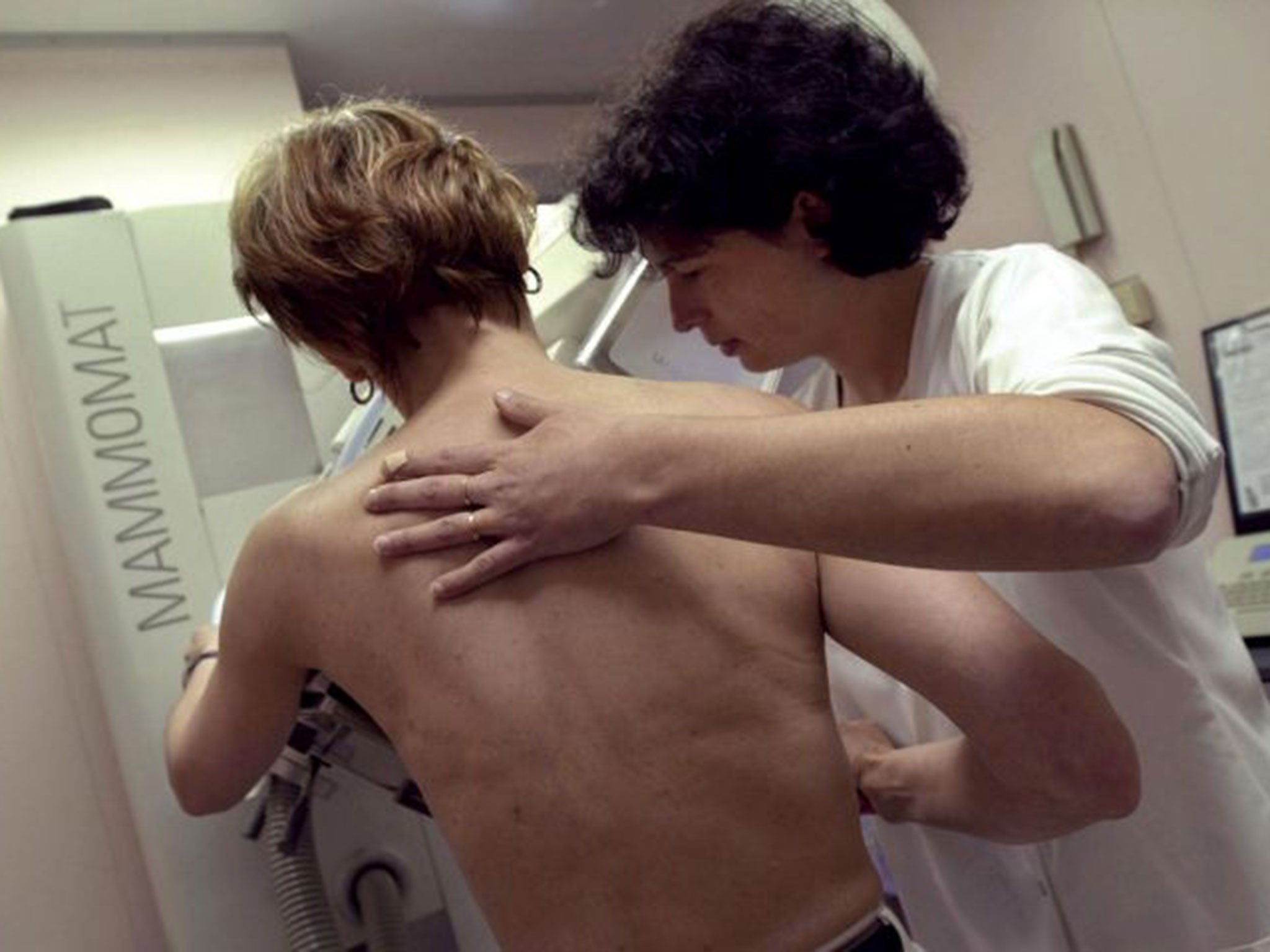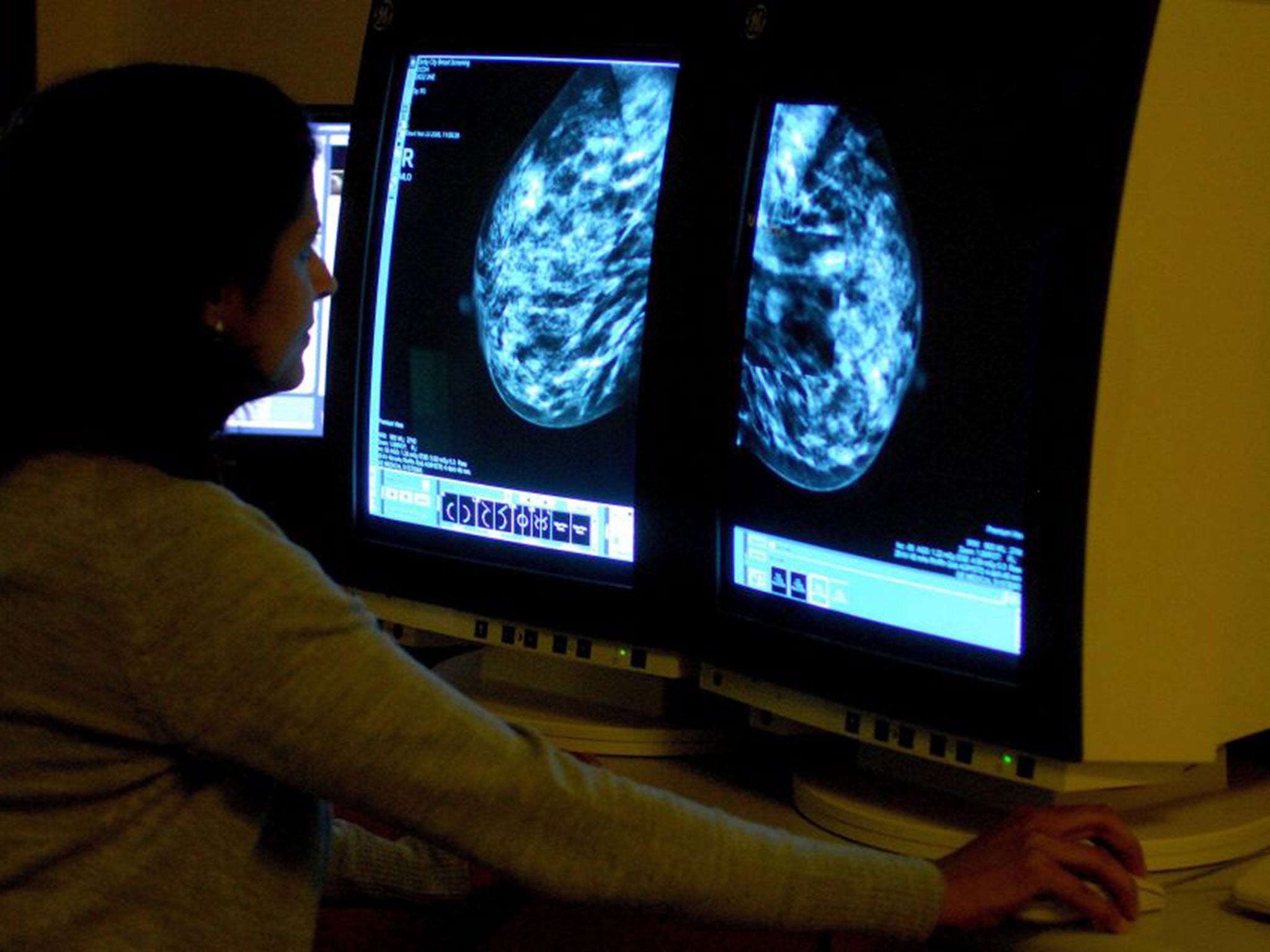The discovery that a medicine for one condition is also very effective against another represents an extraordinary win for patients, doctors and the public purse. It seems improbable that a class of drug that costs less than 5p a day, and is routinely used to prevent bone fractures, could also be found to be a lifeline for middle-aged women with breast cancer. But such is the case for bisphosphonates.
According to a thorough review of the evidence published in The Lancet, the drugs reduce the 10-year mortality risk in post-menopausal breast cancer patients by 18 per cent. As a proportion of the UK population of patients who are diagnosed early enough and at the right age to benefit, the drug could save potentially 1,000 lives a year.
Given that existing drugs routinely prescribed by doctors are already proven to be safe and cost-effective, it would seem a matter of common sense that they would be licensed for a new purpose as soon as evidence of clinical benefit is clear. Unfortunately, as we report, this is not always the case.
If the drugs have been on the market for long enough that their patent has expired – as is the case with bisphosphonates – manufacturers do not stand to gain from the lengthy and often costly process of seeking a regulatory licence for use against a new disease.

Yes, doctors can prescribe an unlicensed drug if they judge it to be in the patient’s interests and there is no licensed alternative. But in doing so, the doctor takes on personal liability. Even with drugs that have long been shown to be safe, it is understandable, if unfortunate, that in our litigious society many decide to play it safe and stick to the licensed uses.
The key to overcoming this impasse is government intervention. Medical charities are campaigning in support of the second Off-patent Drugs Bill to be brought before Parliament in less than a year.
The Bill calls for the Secretary of State for Health to seek licences for off-patent drugs for new uses, and to require the National Institute for Health and Care Excellence to appraise them. Where a pharmaceutical company will not do the job, for lack of profit, the state should step in.
Last time around, a Private Members’ Bill brought by the Conservative MP Jonathan Evans – in what he hoped would be a lasting legacy before standing down – was defeated on technicalities, despite the Government broadly backing the intention behind it. The new Bill (introduced, fittingly enough, by one of the new 2015 crop of MPs, Labour’s Nick Thomas-Symonds) has ironed out some of the issues that hindered the previous one, including the Government’s concerns that the Secretary of State would be exposed to a conflict of interest by taking on the role of overseeing the co-ordination of licences for off-patent drugs, while also having oversight of the body receiving and making decisions on the licence applications – the Medicines and Healthcare products Regulatory Agency.
The law may take some time to iron out, but ministers and civil servants should take a determined pair of scissors to any red tape. We now know that effective, safe and potentially life-saving drugs are sitting on the shelf for want of a licence telling a doctor it is acceptable to prescribe them, leaving a chance that people who might otherwise have lived will die. What greater case for cutting red tape could there possibly be?


Join our commenting forum
Join thought-provoking conversations, follow other Independent readers and see their replies